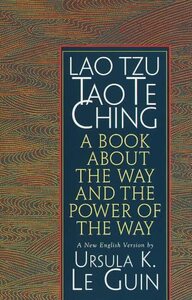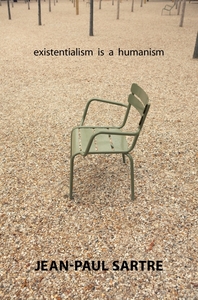Take a photo of a barcode or cover
sauris's Reviews (248)
4.5/5
“The crisis of love does not derive from too many others so much as from the erosion of the Other... Eros concerns the Other in the strong sense, namely, what cannot be encompassed by the regime of the ego. Therefore, in the inferno of the same, which contemporary society is increasingly becoming, erotic experience does not exist. Erotic experience presumes the asymmetry and exteriority of the Other... The Other, whom I desire and who fascinates me, is placeless. He or she is removed from the language of sameness: “Being atopic, the Other makes language indecisive: one cannot speak of the Other, about the Other; every attribute is false, painful, erroneous, awkward.” Our contemporary culture of constant comparison (Ver-Gleichen) leaves no room for the negativity of what is atopos. We are constantly comparing one thing to another, thereby flattening them into the Same, precisely because we no longer experience the atopia of the Other. Everything is being flattened out into an object of consumption.”
“Today, we live in an increasingly narcissistic society. Libido is primarily invested in one’s own subjectivity. Narcissism is not the same as self-love. The subject of selflove draws a negative boundary between him- or herself and the Other. The narcissistic subject, on the other hand, never manages to set any clear boundaries. In consequence, the border between the narcissist and the Other becomes blurry. The world appears only as adumbrations of the narcissist’s self, which is incapable of recognizing the Other in his or her otherness — much less acknowledging this otherness for what it is. Meaning can exist for the narcissistic self only when it somehow catches sight of itself. It wallows in its own shadow everywhere until it drowns — in itself. Depression is a narcissistic malady. It derives from overwrought, pathologically distorted self-reference. The narcissistic-depressive subject has exhausted itself and worn itself down. Without a world to inhabit, it has been abandoned by the Other. Eros and depression are opposites. Eros pulls the subject out of itself, toward the Other.”
“The crisis of love does not derive from too many others so much as from the erosion of the Other... Eros concerns the Other in the strong sense, namely, what cannot be encompassed by the regime of the ego. Therefore, in the inferno of the same, which contemporary society is increasingly becoming, erotic experience does not exist. Erotic experience presumes the asymmetry and exteriority of the Other... The Other, whom I desire and who fascinates me, is placeless. He or she is removed from the language of sameness: “Being atopic, the Other makes language indecisive: one cannot speak of the Other, about the Other; every attribute is false, painful, erroneous, awkward.” Our contemporary culture of constant comparison (Ver-Gleichen) leaves no room for the negativity of what is atopos. We are constantly comparing one thing to another, thereby flattening them into the Same, precisely because we no longer experience the atopia of the Other. Everything is being flattened out into an object of consumption.”
“Today, we live in an increasingly narcissistic society. Libido is primarily invested in one’s own subjectivity. Narcissism is not the same as self-love. The subject of selflove draws a negative boundary between him- or herself and the Other. The narcissistic subject, on the other hand, never manages to set any clear boundaries. In consequence, the border between the narcissist and the Other becomes blurry. The world appears only as adumbrations of the narcissist’s self, which is incapable of recognizing the Other in his or her otherness — much less acknowledging this otherness for what it is. Meaning can exist for the narcissistic self only when it somehow catches sight of itself. It wallows in its own shadow everywhere until it drowns — in itself. Depression is a narcissistic malady. It derives from overwrought, pathologically distorted self-reference. The narcissistic-depressive subject has exhausted itself and worn itself down. Without a world to inhabit, it has been abandoned by the Other. Eros and depression are opposites. Eros pulls the subject out of itself, toward the Other.”
i read stephen mitchell's translation years ago and found it lucid but it didn't really resonate with me then. ursula le guin's rendition, on the other hand, is poetic in a way that's really simple yet so affecting. she preserves the imagery and softens it, and her notes at the end of every chapter are a really nice touch. i intend to explore other translations properly - i've compared a few and they vary so much that i see the text in a new light every time.
found this weird 80s book mixing zen with early days of mac culture. the way this is structured makes it pretty hard to follow as a pdf, i lost track of the narrative sometimes between all the scattered layouts and transitions, but it's fascinating seeing someone find enlightenment through pixel editing back when personal computing was still full of mystery. 5/5 for the fantastic artwork i was swooning









